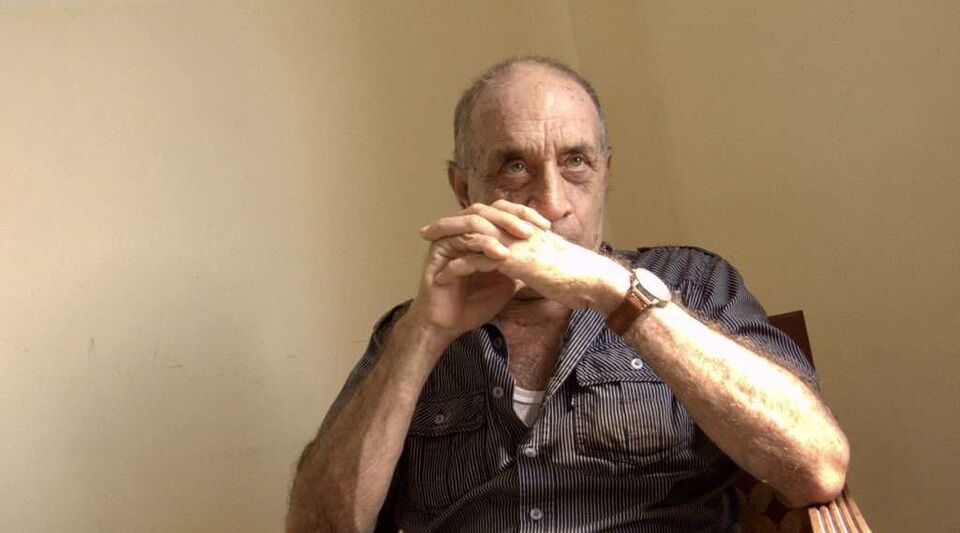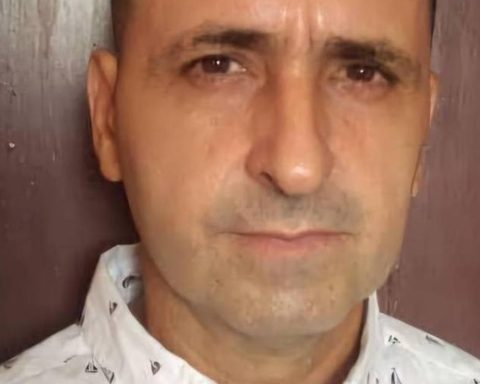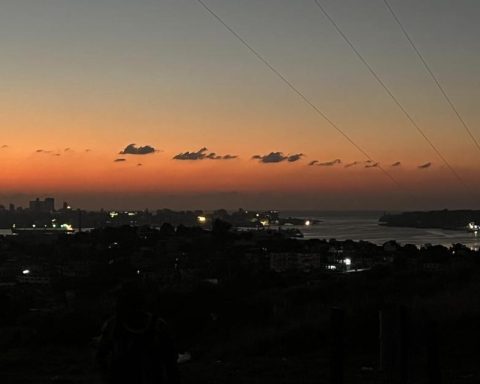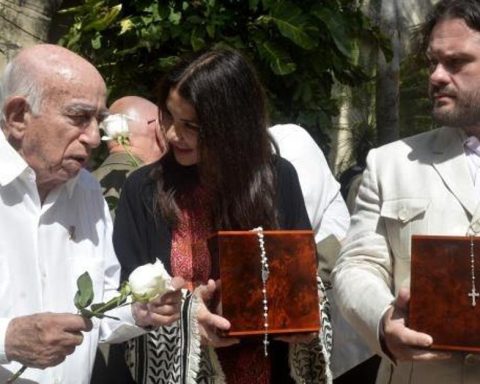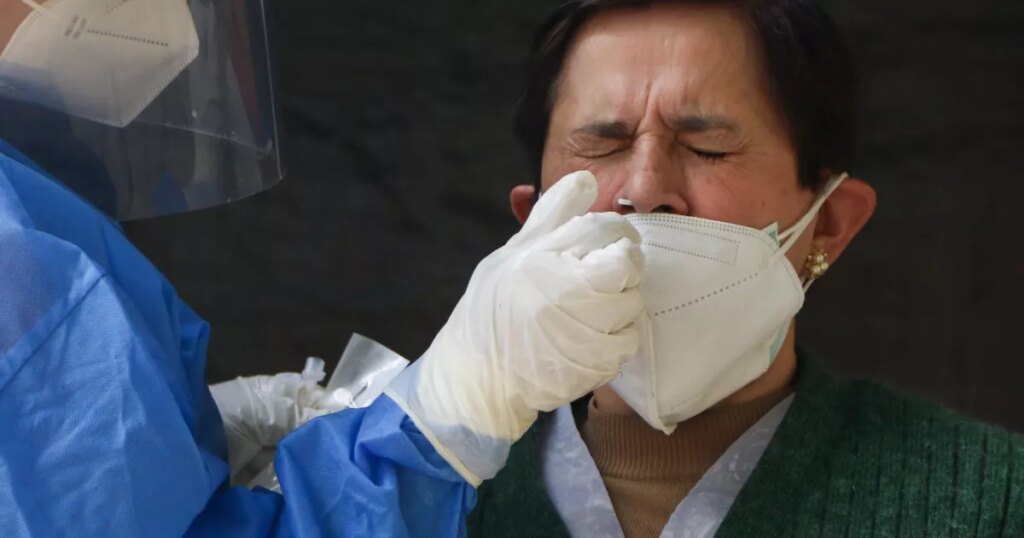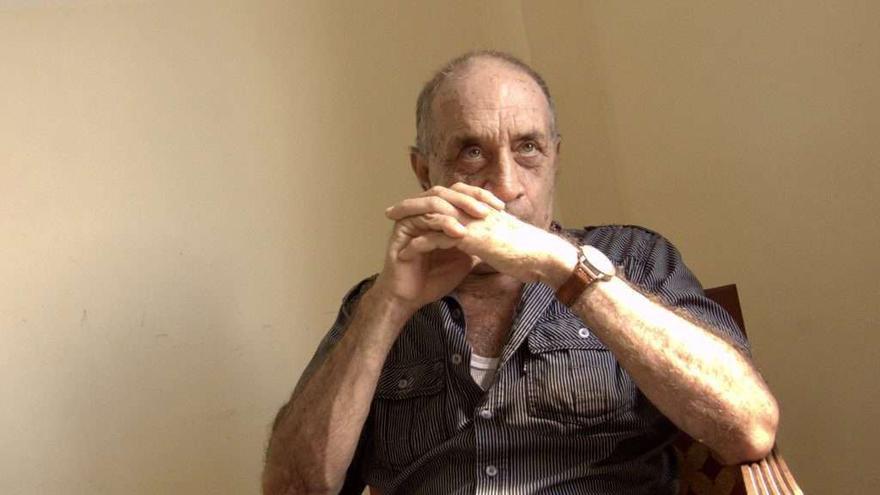
The only mention of Delfín Prats in the History of Cuban Literature it is a piece of critical disinfection, a general cleaning. Lenguaje de mudos (1968), the text explains, was “a book that, for conjunctural reasons derived from an extremely deficient cultural policy… did not circulate”. To the following sentence, dedicated to the collection of poems To celebrate the rise of Icarus (1987), is followed by a great ellipsis of twenty years and, after another harsh comment, a sudden cut, a silence.
Published in 2008 and hatched long before, the third volume of this History – The Revolution (1959-1988), reads the subtitle heroically – it is the most condescending and also the most ambiguous, because it does not refer to the deceased poets of modernism, nor to the chroniclers of the war and not even to the old authors trampled on by Castro’s memory. If volumes I and II are the “Cuban Book of the Dead”, volume III is the “Book of the Living” and –as in the apocalypse– only those whose names are inscribed on its pages will be saved.
I didn’t have time to get to know Delfín Prats, but I did meet his contemporaries in Santa Clara, that charming city of poet-spies, chameleon-like editors, portable storytellers, and professional sycophants. There his name was invoked by authors who had produced, after 1970, mediocre books with some daring idea –more sexual than political– and who fell under the scythe of the parameterizers.
They had done them justice and, if there were mistakes, they were always personal, from a barely “deficient” cultural policy. If they hated someone, it was Pavón or his provincial leaders
With those war wounds they presented themselves, just before clearly drawing the border between the then and the now. They had done them justice and, if there were mistakes, they were always personal, from a barely “deficient” cultural policy. If they hated someone, it was Pavón or his provincial leaders. It was not the Revolution that rejected them, it was men.
Delfín Prats’ rehabilitation was, however, a more delicate operation and required tact. The documentary film Between splendor and chaos –it was never known if it was an independent film or commissioned by the Holguín telecentre– brought to light the image of a trembling writer, from a bohemian past and Soviet days, who resorted to rum as anesthesia and isolation as the only way of subsistence.
Prats commented on his nights in Havana – avoiding mentioning Reinaldo Arenas, of whom he was a friend and ultimately an informer – and warned the journalist not to put too much pressure on him: “If I see a threatening situation, I get drunk and cancel myself out.”
The scars that the Quinquenio Gris and the following decades left on Delfín Prats were not easy to hide. How to appease that nervous subject, who said on television: “If you ban a book in your country, those who are outside want to win over the author to their cause. And then, it is possible that for some years it was thought that I, for those such open views of my youth, I was going to be a poet of dissent”.
“It is possible that for some years it was thought that I, due to those open approaches of my youth, was going to be a poet of dissidence”
Luckily, his survival instinct led him to qualify everything, he touched up the sentences like the most experienced censor. “Over the years one learns that one should not disagree.” And also: “The only thing the poet has to do is take care of his word.” The rest “is better left to the politicians.”
It has shaken me to see the Prats who won – in the opinion of those who kicked, watched and lobotomized him – the National Literature Award. It was flawless. He is an old man in a blue guayabera, more wrinkled, if possible, graying and finally still. Different from the cursed poet in the documentary, from the young man who used a ushanka in Moscow and, naturally, of that boy who called himself Hiram, to hunt down his lovers in La Rampa.
“It is the testimony of a bunch, they are the shreds of a man,” Jorge Ferrer wrote this Wednesday, when he learned of the award that he had just been given and that he cowardly accepted.
Delfín Prats – “alcoholized and degraded”, according to Arenas -, after the exhaustive and belated cleaning of his memory, will finally be able to declaim that “there was always something powerful interceding”.
________________________
Collaborate with our work:
The team of 14ymedio He is committed to doing serious journalism that reflects the reality of deep Cuba. Thank you for accompanying us on this long road. We invite you to continue supporting us, but this time becoming a member of our newspaper. Together we can continue transforming journalism in Cuba.
